Striving to better rural healthcare
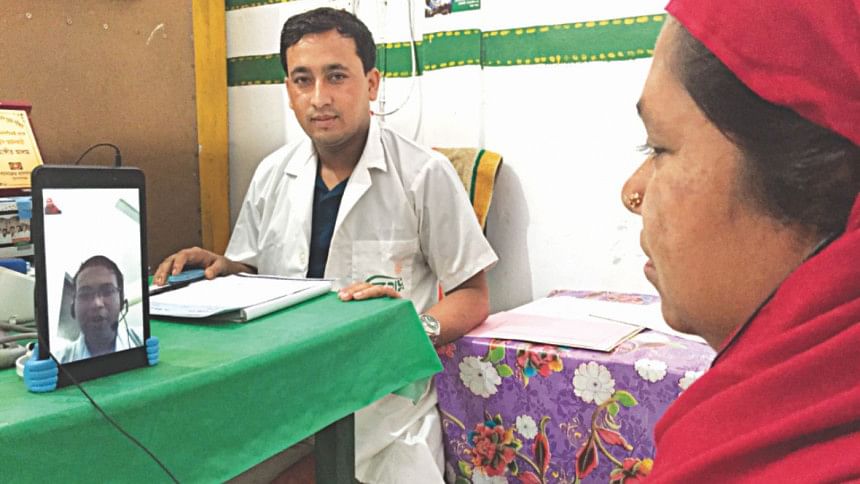
Sixty-five-year-old Fatema Begum lives deep into Madan upazila of Netrakona, where formal healthcare is an inconceivable luxury. So, when an itch broke out all over her body, she ignored it at first. But things got severe; she found herself scratching her skin until it swelled and began aching.
The poor housewife then saw two “Palli Chikitshaks”, meaning village doctors, and spent Tk 5,000 but in vain. When she stopped looking for relief, worrying about further expenses, she learnt from a neighbour about Projotno, a telemedicine service introduced by Jeeon.
A self-proclaimed “for impact” company, Jeeon bolsters healthcare providers already existing at union bazaars, instead of building new infrastructure like most other health organisations, so that they can provide better services to people living in remote areas at an affordable cost.
Indeed, Fatema had to pay only Tk 300 for consulting a doctor from Dhaka and Tk 500 for the medicines to become completely cured, and that was possible even without requiring her to travel miles of treacherous, village roads to places where formal health services are available.
To get the service, she only had to come to the nearest drug-shop-cum-Projotno-centre in Balali bazaar, less than 15 minutes from her home. Within minutes, she was connected to a dermatologist sitting in Dhaka, who after reviewing her symptoms and pictures of her skin, and talking to her, sent her a prescription over the internet. The prescription was printed out with the doctor's e-signature, and she could walk away with the required medicines within 30 minutes.
Not only that, her medical records would never be lost, and she could visit another Projotno centre after five years and the doctor would still be able to view her previous records.
This is how, Rubayat Khan, the startup's “Dreamer and Teambuilder”, says, the organisation bridges the gap between rural patients and quality healthcare.
“I don't have any electronic medical record in Bangladesh. Yet, our patients in remote areas have their unique patient IDs and digitised records in the cloud,” he says with pride.
Referring to the traditional practice popular at remotest corners of the country due to the unavailability of doctors, he says, “People often rely for their health completely on so-called village doctors who have no formal education in medicine, but know the names of drugs and how to provide first aid while running drug stores.”
While some of them got a formal certification as Rural Health Practitioners (RMPs) in the 1980s, that certificate is no longer legally recognised; yet, there are 1.3 lakh RMPs practising across the country.
They are extremely hard to monitor and regulate because they are decentralised private sector providers.
Unaware of the health consequences, and encouraged and perversely incentivized by pharmaceutical companies, they regularly provide steroids and powerful antibiotics that bring quick relief to patients from sufferings from varied symptoms but at the same time leave irreversible impact on their health.
Giving an example at Jeeon's Lalmatia office in the capital, Dr Fahima Mumtaz showed pictures of a woman with inflammation on her cheeks. The patients had used an ointment with steroid on acne to see the problem reappear in a more severe form as fast as they were gone.
She has found such cases to be commonplace among rural patients.
Asked why Jeeon works with RMPs when they are the ones to be blamed for the misuse of drugs, Rubayat said they were living close to the patients targeted.
“RMPs have gained rural people's trust because they know them personally and they go to these health practitioners with their health complaints for decades or probably for generations. They charge nothing for anything other than medicines, offer credit when you don't have cash, and drink tea with you while inquiring about your ailing grandma.
“The formal healthcare system could learn a thing or two about personalised care from these guys!”
The team at Jeeon designed their operation around the RMPs, training them to put in necessary information and pictures of a patient into an Android application. A set of physicians in Dhaka would see them to suggest treatment, medical investigations, if needed, and even refer a patient to a specialised doctor in nearby facilities if the problem is complex and requires face-to-face consultation.
In doing so, Jeeon wants to be a partner for the government and the medical community to reign in malpractices in this sector, and sustainably improve the health outcomes for poor people in this country. The government has recognised Jeeon's efforts and awarded it as one of the top 10 startups in Bangladesh last year.
In its ongoing experimental phase at 32 Projotno centres in Kishoreganj, Netrakona and Sunamganj, Jeeon has provided treatment to some 7,500 patients already in nearly two years. The company has plans to expand its operation after concluding its pilot phase this September.
It is also building partnerships to broaden the scope of its services, such as introducing an ECG machine built by an Italian startup at Projotno centres to screen and treat heart problems. Jeeon wants to build an all-in-one platform where people would get information about various low-cost and free health services provided by charitable doctors, hospitals and NGOs.
It seems Jeeon has a long journey to make, as it aims to reach all the remotest parts of the country. Luckily, Jeeon has a strong set of funders and supporters backing it. In addition to high net-worth private investors in the USA who provide 80% of its investment, Jeeon also received substantial support from the USAID and other foundations, and also a small grant from the government.
But in the long run, Jeeon expects the consultation fees and other revenues collected through its services to carry it to sustainability and self-sufficiency.
Based on Jeeon's inspiring vision for the future of healthcare in this country, that long-run could not come early enough.

 For all latest news, follow The Daily Star's Google News channel.
For all latest news, follow The Daily Star's Google News channel. 


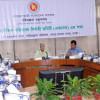
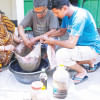
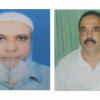
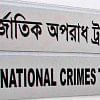


Comments